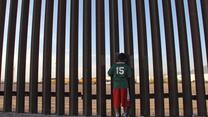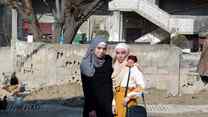Around the world, a record 68.5 million people are uprooted by violence and persecution. In 2018 alone, we have seen desperate families who fled violence in Central America reaching the U.S. border in caravans. We've seen the Trump administration continue to pull back the nation's welcome back from refugees and asylum seekers. We've seen Syrians struggle to endure a civil war that has lasted more than seven years. And we've seen the conflict in Yemen spiral into the world's worst humanitarian crisis.
Since 1933, the International Rescue Committee (IRC) has been helping people whose lives are shattered by conflict and disaster. In these, the most-read stories we published on Rescue.org this year, IRC experts answer your questions about the year's humanitarian headlines:
Migrants, asylum seekers, refugees and immigrants: What’s the difference?
Every day, people around the world make the difficult decision to leave their countries in search of safety and better lives. We explain who they are.
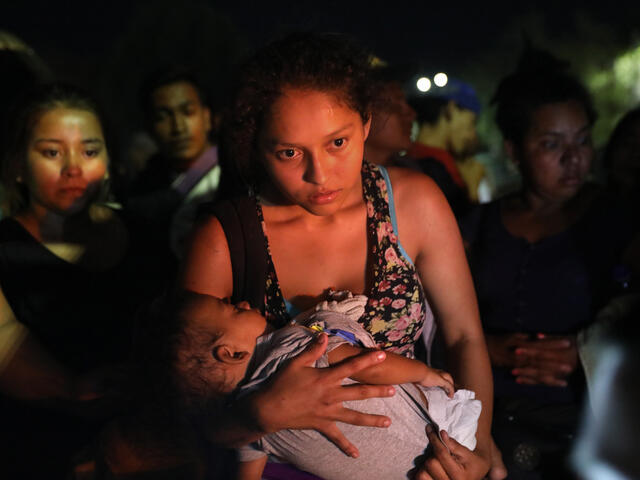
7 things you need to know about the horror in Syria
Aid workers describe how seven years of war in Syria have taken a catastrophic human toll and created one of the worst humanitarian crises of our time.

How immigrants and refugees become U.S. citizens
The application process to become a U.S. citizen can take a year or longer. IRC experts explain how U.S. immigration and naturalization work.
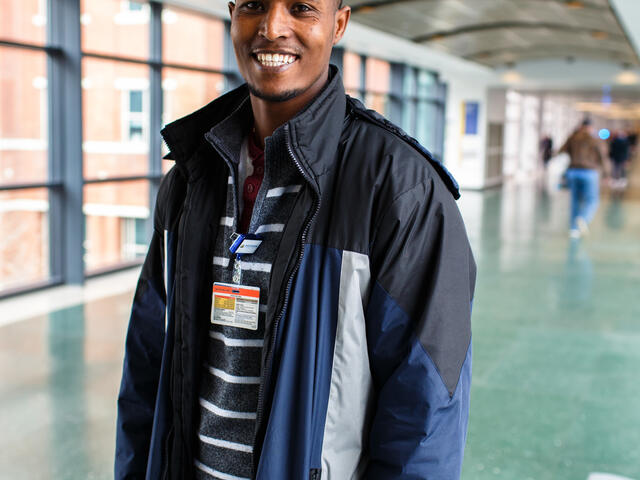
Families seeking asylum from violence in Central America are not criminals
Since 2014, families have fled from rampant gang violence and other forms of persecution perpetrated in Central America. We explain why they have a right to seek asylum.
Why is Yemen the world's worst humanitarian crisis?
The war in Yemen is contributing to what the United Nations says could become "the worst famine in the world in 100 years." We look at why 22 million people need aid.

Isolated airstrikes won’t save Syrian lives: what Trump can do to help
After the U.S. and its allies launched airstrikes in Syria following a suspected chemical attack on civilians on Apr. 7, the IRC advocated for three other options to save Syrian lives.

Stop public charge changes that harm immigrant families
We look at an Oct. 10 Department of Homeland Security policy change proposal that would make it much more difficult for immigrants to build new lives in the the U.S.

Americans agree—it's time to stop fueling the war in Yemen
With half Yemen's population on the brink of starvation, a recent IRC-comissioned poll shows that Democrats and Republicans are united in their desire to end U.S. support to fueling conflict.
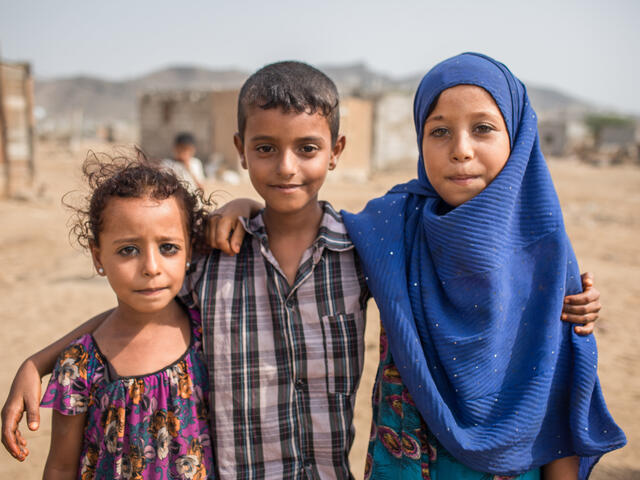
The Venezuelan crisis explained in 10 objects
What do economic and political chaos look like? We asked Venezuelans who are seeking safety and a new start to show us their lives.

Why Central Americans join the caravan: ‘because there’s no scarier place than home’
An IRC aid worker in El Salvador describes the horrors that have been forcing individuals and families to flee to the U.S. border in caravans for protection.


